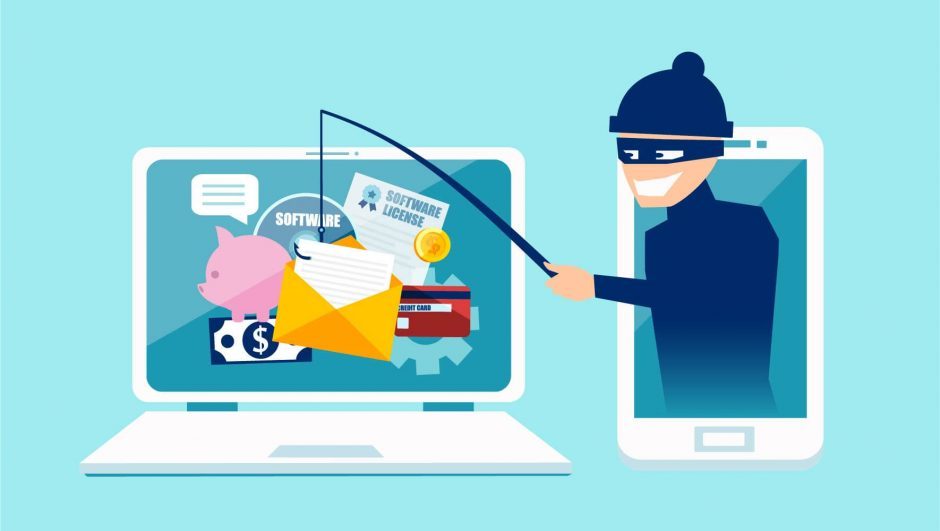Students often don’t see the importance of securing themselves in the cyber world because they do not perceive themselves as targets of hackers. The truth is, everybody is at risk and students can get their credit card information and other personal details used for fraudulent purposes.
That can completely change the lives of students and they may suffer from a lot of psychological and emotional trauma. Students could easily avoid these results by protecting themselves when using technological devices, especially those connected to the internet. How can students strengthen their cybersecurity?
Here are 5 tips to protect yourself from cyberattacks at university.
Password Strength
Most people go wrong with setting easy passwords that hackers can easily guess and get into your cyber life. Would you believe that there are still people who use 12345678 as a password?
Others choose simple passwords like QWERTY, password, or they use their name and surname but adding 123 at the end or the beginning. These are all passwords you should refrain from because they can be easily guessed.
Depending on what is required when creating the password, a strong one generally has at least one special character and capital letter. It should be made up of 8-12 characters in total. This is very important and is one of the greatest points of improving cybersecurity at college.
Be very careful on emails
Emails are hubs of spam emails with malicious content and attachments that could infiltrate your entire system. If you interact with emails that are spam or intended for phishing, all the personal details they can obtain would be compromised.
You can also download viruses without intending to do so, which makes email security a very important matter to look into. Consider getting email antivirus to avoid unbecoming results and also don’t open emails from unknown email addresses. Although this may sound extreme, you have to do all that is possible to protect yourself from cyberattacks.
Secure all devices
All devices should have security measures in place, to gain access to your phone, you should either draw a pattern, enter a password or use a biometric system. While on the other hand, all devices should have antivirus protection to protect them from malicious software.
You can also set the device to ask for your permission before installing unknown applications. Another useful trick would be setting the device to be remotely locked or all the data wiped when it gets lost or stolen. That will protect all the data you have and it won’t end up in the wrong hands.
As a student, if somehow you face a situation where all the data is wiped out or your important assignment work is damaged, you can approach au assignment help. The online writing service is a popular choice for many students across Australia, America and other locations to get their thesis, essays and dissertation done.
Keep everything on automatic update
When the operating software of a phone, laptop or tablet gets updated, there are new security measures that you can benefit from. That makes it important to set all devices on automatic update, if possible, for you to stay on top of all security updates.
If you use Windows10, this is especially important to do because the security system is entirely integrated into the OS. Other devices may not support the automatic update feature; in that case, you can periodically check if there are new updates and download them without delay.
Learn common scams
Students should also familiarize themselves with potential threats they could encounter. That involves all personal details, phishing methods and how hackers use emails to compromise their targeted systems.
Also, credit card scams and other financial hacks should be known by students because they can also get ripped off if they are unsuspecting. Education on cybersecurity is openly available on the internet and students should knock themselves trying to figure out more ways to protect themselves.
The bottom line
Cybersecurity should be at the top of the students’ priorities have because if they are attacked and lose their personal information, that can disrupt their academics. It all starts with simple things like ensuring that you have a strong password, an antivirus system and that their devices are secured.
Students should also be aware of spam and phishing emails and shouldn’t open emails from unknown sources. However, this all boils down to being educated about cyberattacks and how to protect yourself from them. If you actively make an effort to update your system, your cybersecurity will be strengthened.
Author Bio:
Emma Rundle is an IT expert working for a software startup in Silicon Valley. She also works as a part-time writer for an online assignment service where she covers subjects in IT and other subjects like physics and mathematics. In her free time, she works on her software review blog, practices yoga and attends Zumba classes.












.jpg)




